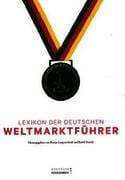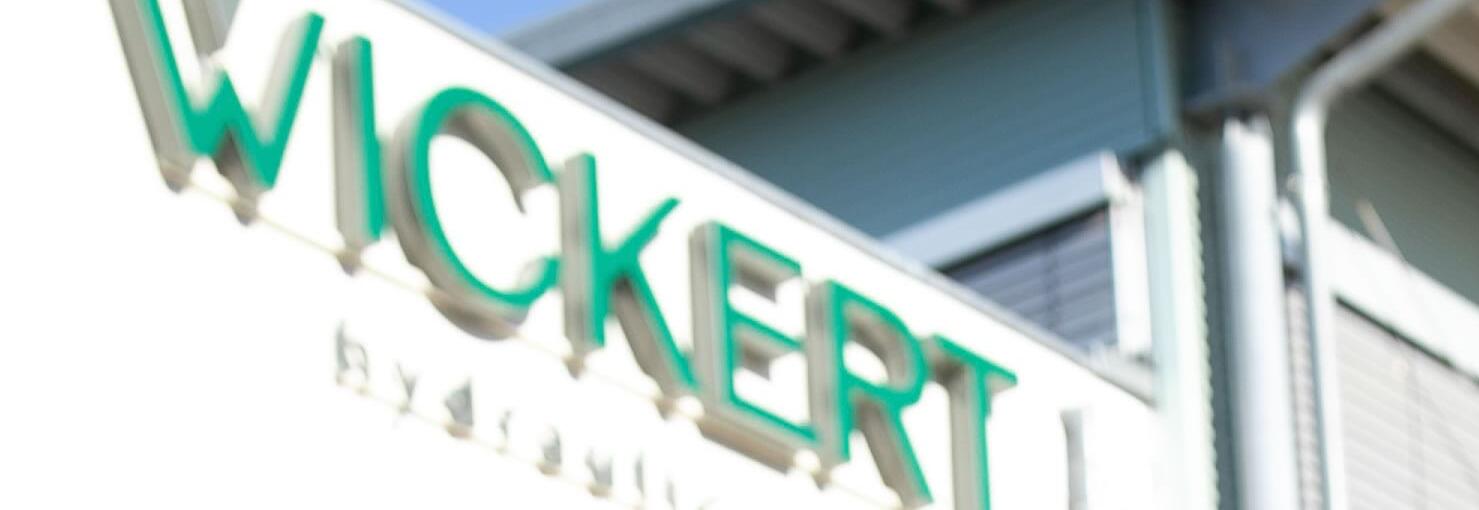
The family-run company from Landau in the Palatinate region manufactures hydraulic presses, press systems and fully automated systems for moulding processes. It is a global market leader in the production of elastomer presses for individual production and a leading manufacturer of vacuum compression presses. WICKERT places great emphasis on optimisation and problem solving, which explains why the innovations from WICKERT have won numerous awards.
With approximately 2,000 hectares of cultivated vineyards, Landau is one of the largest wine-growing regions in Germany. It is therefore no coincidence that Landau-based Wickert Maschinenbau GmbH, today the world market leader for elastomer presses, was originally involved in wine. The company's success story began on 4 May 1901 when the artistic master fitter Jakob Wickert founded the machinery factory J. WICKERT. Together with eight journeymen and five apprentices, he began building presses for wine and fruit growing. The first products were spindle and down-stroke wine presses – manufactured with state-of-the-art hydraulic pressing mechanisms.
But Jakob Wickert soon thought about how his first experience in press construction could be applied to other fields, and in 1939, he began developing large drainage presses for cotton. Meanwhile, the founder's two sons had also joined the company and, in 1948, the seminal decision was made to develop presses for the rubber and plastics processing industry. Since then, the ideas of Wickert Maschinenbau GmbH have continually enhanced press technical manufacturing processes. Today the company produces between 80 and 120 presses each year for various industrial applications – 80% of them are exported.
WICKERT presses are at home all over the world. Whether in Europe, the USA or Canada, wherever rubber and thermosets or thermoplastics are processed, where brake, friction and clutch linings are manufactured, presses from the Palatinate region are in operation.
Throughout its almost 115-year history, WICKERT has continually provided its customers quality- and productivity-enhancing machinery, equipment and processes with a whole range of innovative developments. The processes developed in Landau, for instance, shorten cycle times significantly, thereby making the parts suppliers competitive. Even if the layman does not realise it, things made on WICKERT machines accompany his daily life: Presses for cleanroom applications produce, for example, sealing plugs for pharmaceutical products. Fabric-reinforced brake linings for trucks are produced on vulcanisation presses from the Palatinate. Brake and clutch linings as well as gaskets produced on automatic presses provide reliable service in all kinds of vehicles. With dryers and Duroline presses, thermoset moulded parts such as toilet seats, light switch and socket covers are manufactured with high surface quality. Handrails for escalators and banisters, expansion joints and sealing profiles for tunnel segments, dam and power plant construction – the machines from Landau are used in many areas of application.
Over the years, WICKERT has evolved into a development partner, e.g. when it comes to micro technology in plastics processing or specific things such as membranes for fuel cells. This also applies to automatic presses for materials in powder form. Today more than 150 employees of the family-run company design and manufacture hydraulic presses, press systems and fully automated systems for the global market. A 2,000 m² extension (2008) and an enlargement of the outer area in the form of a logistics access road (2014) also document the company's growth externally.
The recipe for success is as simple as it is effective: WICKERT focuses on niche markets and is systematically geared to the needs of its customers. "Searching for the problems of others" has always been the company's guiding principle. After all, problems fill the order books. "We try to uncover the optimisation potential of existing products and offer corresponding solutions," says Dipl.-Ing. Hans-Joachim Wickert, who now runs the company together with Dipl.-Ing. Stefan Herzinger in the 3rd generation. The importance of problem and solution appears in a single company figure: More than a quarter of the employees work in research and development. The annual expenditure in this area amounts to some 8 per cent of total revenues. Wickert Maschinenbau GmbH has already received several awards for its pursuit of high-quality products, faster responsiveness and maximum helpfulness. For instance, the Investment and Development Bank (ISB) Rhineland-Palatinate has honoured the Landau-based company four times since 1999 as a particularly successful and innovative company. Wickert has also received the Innovation Award Rhineland-Palatinate six times. Most recently in 2013 for its idea, the "Lab on a Chip". This is a process by which biochemical analyses are possible in the smallest space – on a chip, which is between a square millimetre and a few square centimetres in size. Thanks to the system developed by WICKERT, it was possible to reduce the production costs for the capped "Lab on a Chip" by more than 90 percent compared to the previous production process.
WICKERT also has big plans for the future: As a market-driven global company, it is not only focused on strengthening its market position, but also on value-driven growth. This is to be achieved primarily through the development of new markets, through successful innovations and active portfolio management. At the same time, a stronger market and customer orientation as well as the targeted expansion of its international presence are essential milestones on the way to this goal. Wickert is already looking forward to the new challenges. Because one thing is true for the next 115 years: A long tradition can only be beneficial for finding reliable and economical solutions to produce plastic and rubber parts. Thus not only does the truth lie in wine, but in the case of Wickert also the beginning of a unique success story.
Please read the complete story.
Source: The Best of German Mittelstand - The World Market Leaders
edited by Florian Langenscheidt and Bernd Venohr

 Newsletter
Newsletter